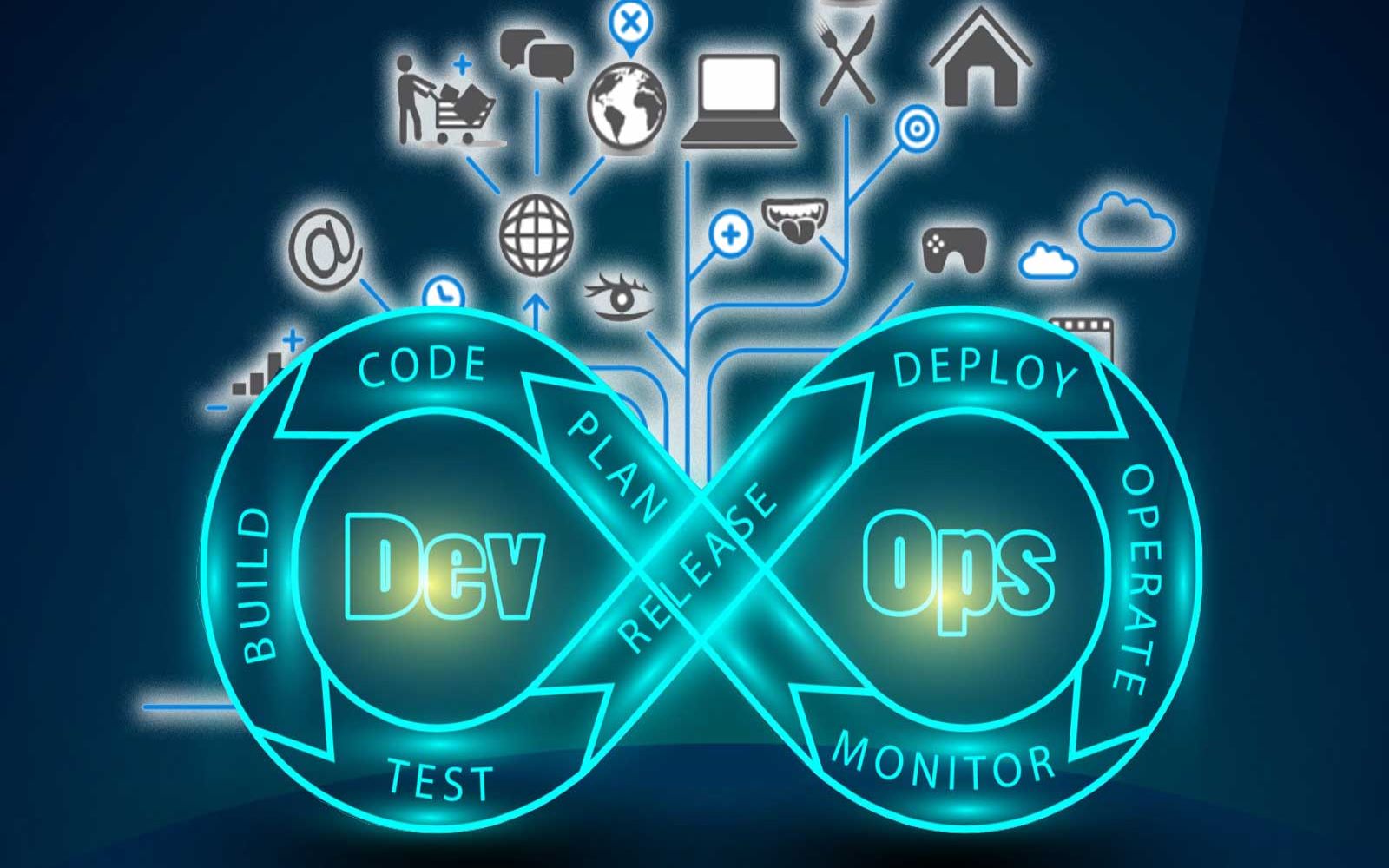DevOps (a portmanteau of “development” and “operations”) is the combination of practices and tools designed to increase an organization’s ability to deliver applications and services faster than traditional software development processes. This speed enables organizations to better serve their customers and compete more effectively in the market.
In simple terms, DevOps is about removing the barriers between traditionally siloed teams, development and operations.
Under a DevOps model, development and operations teams work together across the entire software application life cycle, from development and test through deployment to operations.
DevOps is the direct descendant of agile software development, born from the need to keep up with increased software development velocity and throughput agile methods. Advancements in agile development highlighted the need for a more holistic approach to the software delivery life cycle, resulting in DevOps.

Scrum—a framework in which people can address complex adaptive problems while delivering products of the highest possible value. Kanban—a method for managing the creation of products with an emphasis on continual delivery while not overburdening the development team. Like Scrum, Kanban is a process designed to help teams work together more effectively.
Not so long ago, the job of a developer was to write code, without having to worry about testing, deployment, or infrastructure. If code ran locally on the developer’s machine, the assumption was that it should be able to run anywhere. In recent years, however, the previously separate worlds of development and operations have collided to create what has become known as “DevOps.”
DevOps is the combination of cultural philosophies, practices, and tools that increases an organization's ability to deliver applications and services at high velocity: evolving and improving products at a faster pace than organizations using traditional software development and infrastructure management processes. .
DevOps practices let you move at the velocity you need to innovate faster, adapt to changing markets better, and become more efficient at driving business results.
When you increase the pace of releases, you can improve your product faster and build competitive advantage. Reliability. DevOps practices like continuous integration and continuous delivery can ensure the quality of application updates and infrastructure changes so you can reliably deliver at a more rapid pace while maintaining an optimum experience for end users. Improved collaboration.
Under a DevOps model, developers and operations teams collaborate closely, share responsibilities, and combine their workflows. This reduces inefficiencies and saves time. Security. You can adopt a DevOps model without sacrificing security by using automated, integrated security testing tools. .